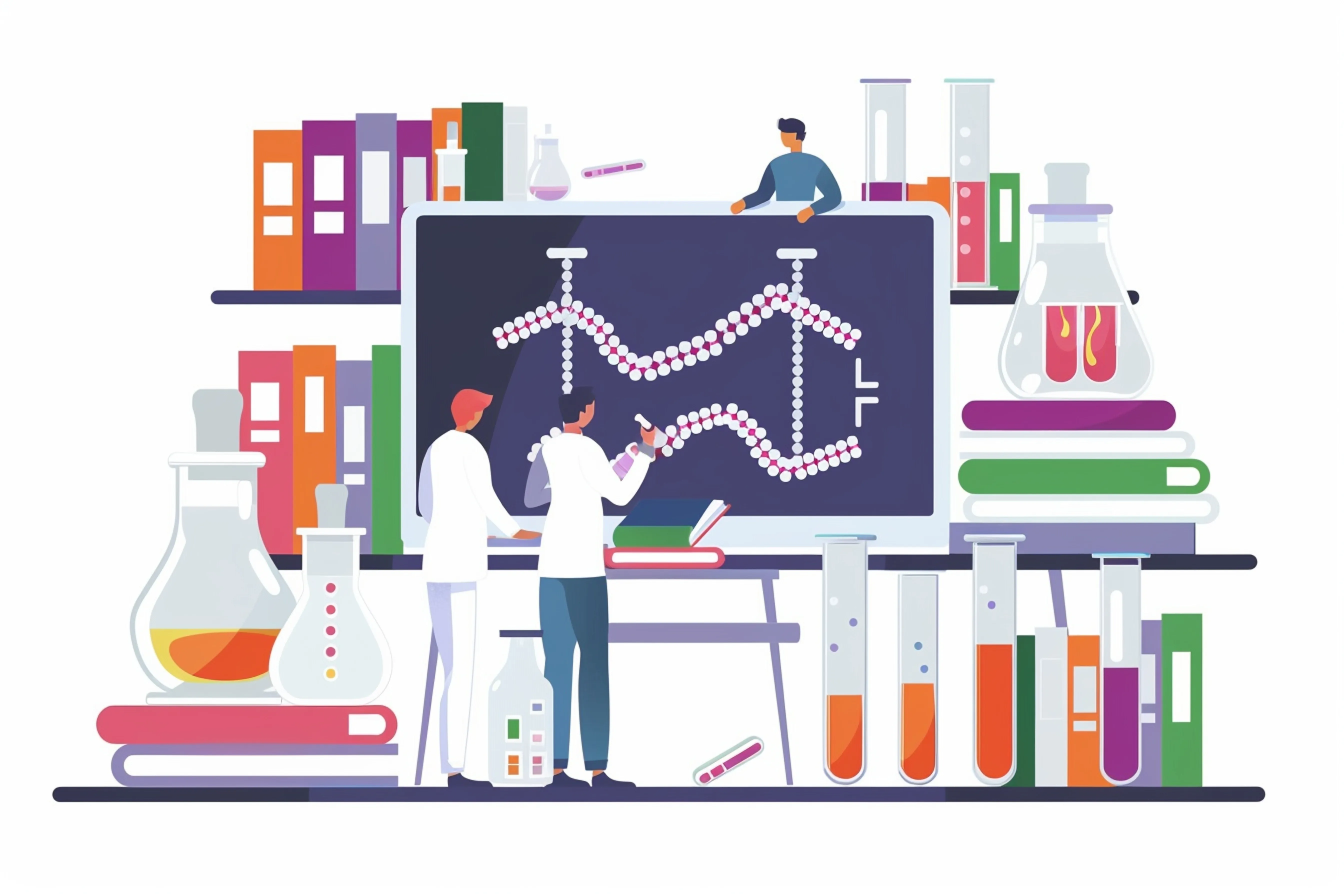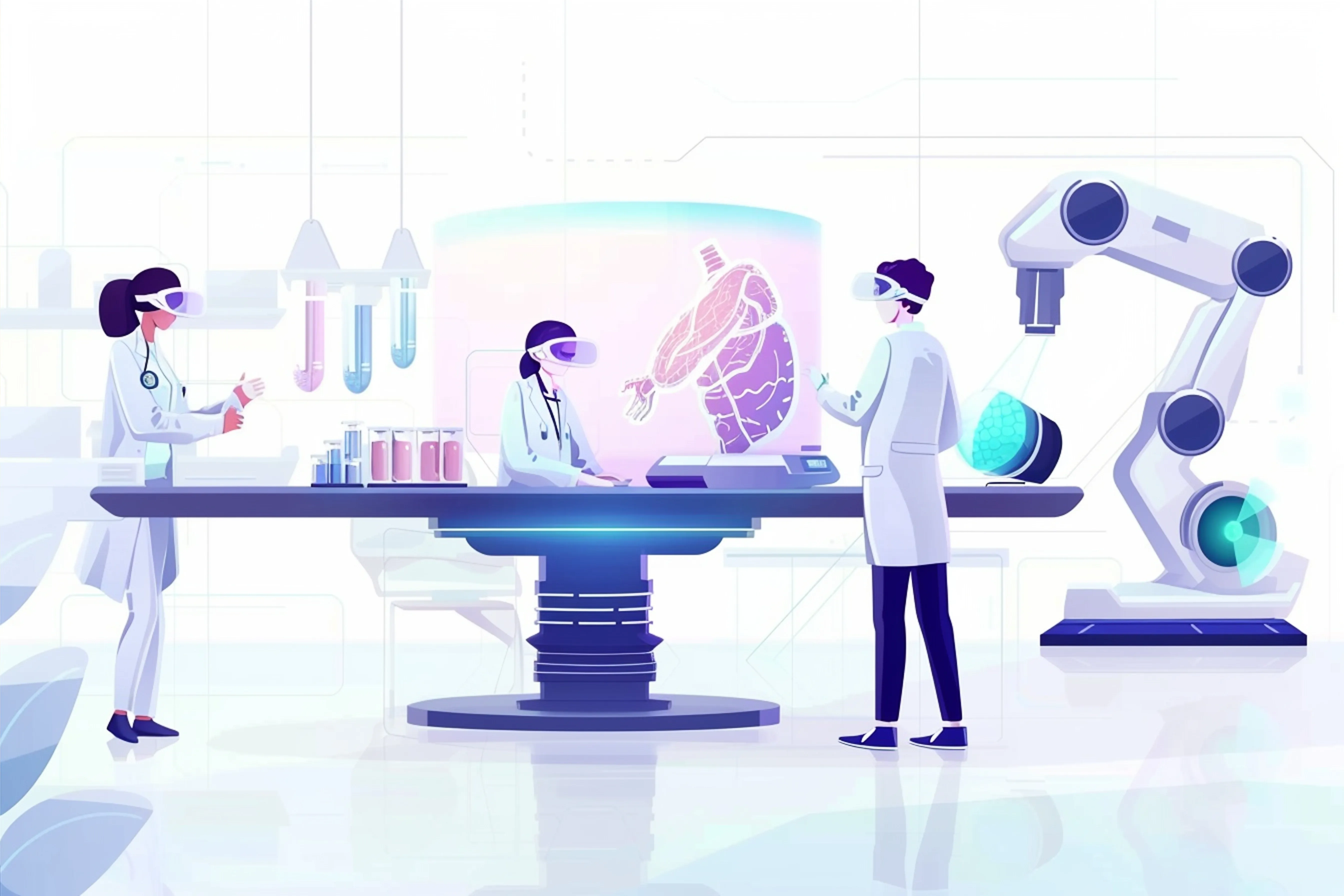In the ever-evolving landscape of drug discovery, World BI stands at the forefront, bridging the gap between cutting-edge science and real-world applications. The integration of genomic data and artificial intelligence (AI) is not just transforming the drug development process but redefining the very paradigms of pharmaceutical innovation. This synergy promises a future where treatments are more precise, efficient, and accessible. As we gear up for the Drug Discovery Innovation Programme, let us delve into how genomic data and AI are shaping the future of medicine.
The Rise of Genomic Data in Drug Discovery
The completion of the Human Genome Project in 2003 unlocked a treasure trove of genetic information. This milestone paved the way for understanding the genetic basis of diseases at an unprecedented level. Genomic data provides insights into:
- Disease Mechanisms: Identifying genetic mutations and pathways that contribute to diseases.
- Drug Targets: Highlighting potential molecular targets for therapeutic intervention.
- Patient Stratification: Segmenting patients based on genetic markers to predict treatment responses.

For Example
- The BRCA1 and BRCA2 gene mutations have become pivotal in developing targeted therapies for breast and ovarian cancers.
- Similarly, pharmacogenomics — the study of how genes affect drug responses — has enabled the customization of treatments, minimizing adverse effects and maximizing efficacy.
The Role of AI in Unlocking Genomic Insights
While genomic data holds immense potential, its sheer volume and complexity pose significant challenges. This is where AI steps in, acting as the key to unlocking actionable insights from vast datasets. AI algorithms can:
- Analyze Large Datasets: Processing terabytes of genomic sequences to identify patterns and correlations.
- Predict Drug-Target Interactions: Using machine learning models to predict how potential drugs interact with targets.
- Optimize Clinical Trials: Identifying optimal patient groups and predicting outcomes, reducing time and costs.
Case Studies: AI and Genomics in Action
- AlphaFold by DeepMind: Revolutionizing protein structure prediction, AlphaFold has accelerated drug discovery by providing detailed insights into protein folding, a crucial aspect of drug design.
- IBM Watson Health: Utilizing AI to analyze genomic data and recommend personalized treatment plans, Watson Health exemplifies the power of combining AI with genomic science.
- CRISPR-Cas9 and AI: Leveraging AI to enhance CRISPR gene-editing precision, reducing off-target effects and expanding its therapeutic applications.
Challenges and Ethical Considerations
Despite the promise, the integration of AI and genomics in drug discovery is not without challenges. Key issues include:
- Data Privacy: Ensuring that sensitive genetic information is securely stored and shared.
- Bias in AI Models: Addressing biases in datasets to ensure equitable treatment outcomes.
- Regulatory Hurdles: Navigating the complex regulatory landscape for AI-driven therapies.
At the Drug Discovery Innovation Programme, experts will address these challenges, fostering collaborations that prioritize ethical and inclusive practices.
The Impact on Rare Diseases
- Rare diseases, often overlooked in traditional drug development due to limited commercial incentives, stand to benefit significantly from AI and genomics.
- By analyzing small, fragmented datasets, AI can identify therapeutic targets and suggest repurposing existing drugs, offering hope to millions of patients.
A Glimpse into the Future
The integration of AI and genomics heralds a new era of drug discovery characterized by:
- Accelerated Development: AI reduces the time from target identification to market-ready drugs.
- Cost Efficiency: Streamlining processes to lower R&D costs.
- Precision Medicine: Tailoring treatments to individual genetic profiles for optimal outcomes.

Collaborating for Innovation: The Role of World BI
- As a hub for industry leaders, researchers, and innovators, World BI provides a platform to discuss, explore, and advance these transformative technologies.
- The Drug Discovery Innovation Programme is not just an event; it is a movement towards a collaborative future in pharmaceutical research.
- From genome sequencing breakthroughs to AI-driven drug designs.
- The programme will feature panels, and discussions aimed at tackling pressing challenges and exploring uncharted opportunities.
Drug Discovery Innovation Programme
Genomic data and AI are more than tools; they are catalysts driving the future of drug discovery. By harnessing their potential, we can unlock cures for diseases once deemed untreatable, offering hope and healing to millions worldwide. As we embrace these innovations, platforms like World BI remain instrumental in shaping a collaborative and inclusive path forward, ensuring that the benefits of these technologies reach every corner of the globe.